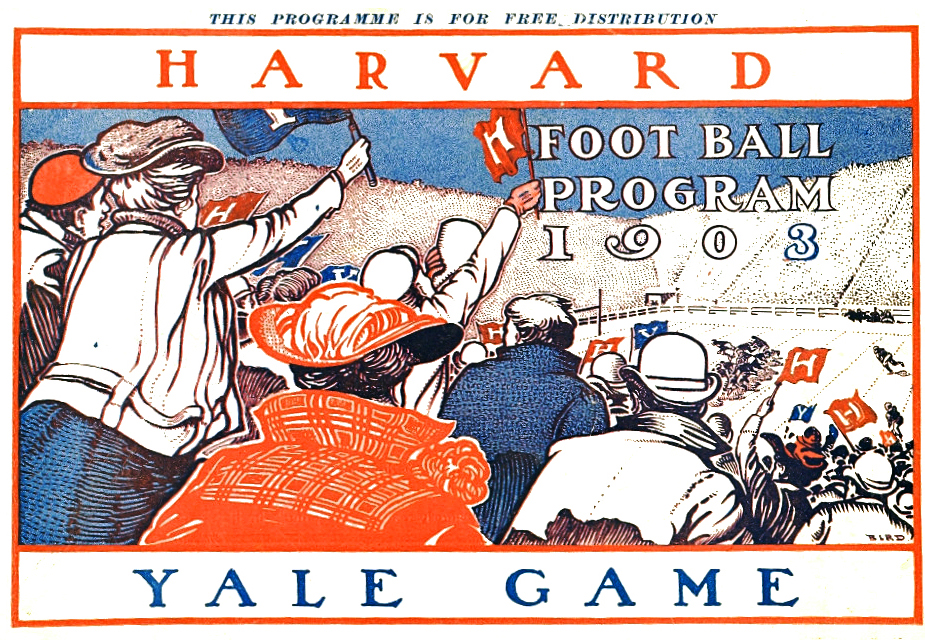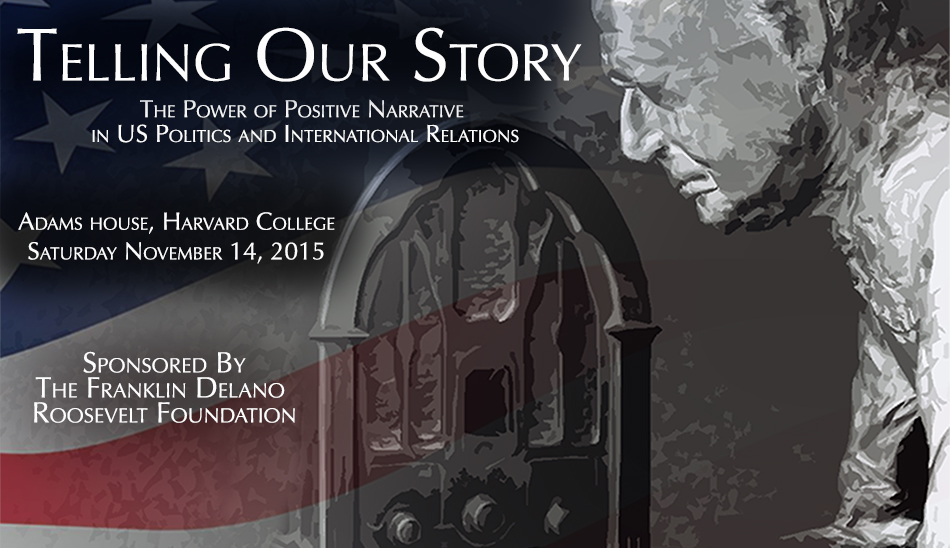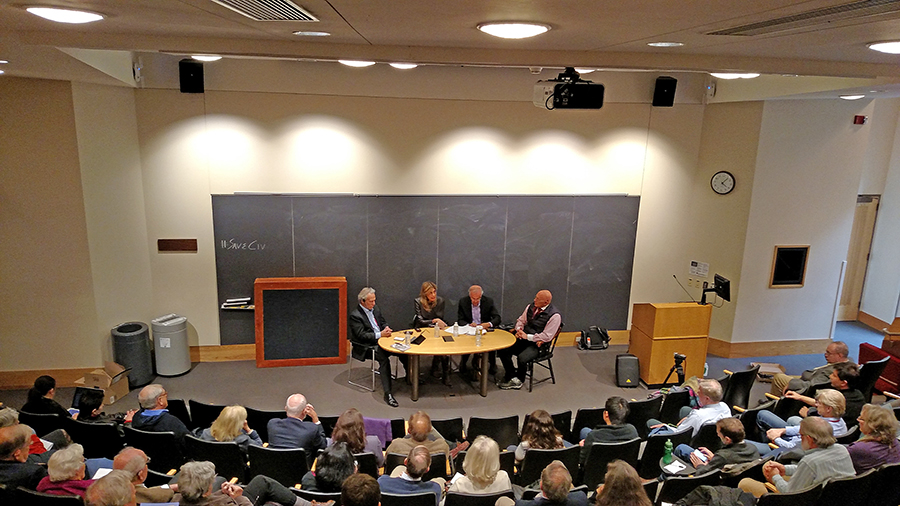Today, with grim predictions for climate change appearing almost daily, the word “resilient” occurs again and again: utility infrastructure must upgraded to be storm “resilient;” sea barriers need to be raised to make them more “resilient” to flooding; new more “resilient” plant cultivars must be created to survive rising temperatures. While all these are laudable endeavors, they are at best reactive in nature, addressing the symptoms rather than the cause. The sad truth is that we can only go so far in strengthening the defenses of our physical world. In the end, the forces of nature will inevitably prevail, and humanity will have to adapt to whatever new reality is presented to us — or perish. We are not the masters of nature. We are, however, masters of ourselves, and it is here that true possibilities lie.
Seventy years ago, on the eve of WWII, FDR addressed the graduates of the University of Pennsylvania.  It was an equally foreboding time, with war and despotism advancing across the world. Yet despite the coming darkness, FDR saw a way forward. “It is the function of education,” he reminded them, “the function of all of the great institutions of learning in the United States, to provide continuity for our national life — to transmit to youth the best of our culture that has been tested in the fire of history. It is equally the obligation of education to train the minds and the talents of our youth; to improve, through creative citizenship, our American institutions in accord with the requirements of the future.” He then concluded with perhaps one of the most powerful lines of his long presidency: ” We cannot always build the future for our youth, but we can build our youth for the future.”
It was an equally foreboding time, with war and despotism advancing across the world. Yet despite the coming darkness, FDR saw a way forward. “It is the function of education,” he reminded them, “the function of all of the great institutions of learning in the United States, to provide continuity for our national life — to transmit to youth the best of our culture that has been tested in the fire of history. It is equally the obligation of education to train the minds and the talents of our youth; to improve, through creative citizenship, our American institutions in accord with the requirements of the future.” He then concluded with perhaps one of the most powerful lines of his long presidency: ” We cannot always build the future for our youth, but we can build our youth for the future.”
The FDR Foundation wishes to reawaken this call for “creative citizenship.” We want to renew the importance of transmitting to our youth “the best of our culture.” We hope to re-inspire the necessity of building the next generation for the future. And our help they will need, as the very skill sets required to confront the challenges ahead — creativity, innovation and imagination — are exactly those which we’ve allowed to lapse across wide swathes of our educational system.
In many places across the world, we train our device-deadened youth in much the same way as we did a half century ago, forcing them to learn a rote skill set to fill jobs in employment sectors that are rapidly disappearing under the combined threat of automation and climate change. We must do better, and we can, as we hold in our arsenal exactly tools we require: the arts and humanities. Study after study has proven that knowledge of history, fine arts, literature, music, and storytelling fosters a different way of looking at the world, a mode of vision that sees not only what is, but what could be.
And “what could be” is what we’ll need if we are to survive as a species. We’ll need visionary scientists who can imagine whole new sectors into existence; we’ll need inspiring politicians who can utilize arts and culture to unite diverse peoples; we’ll need creative business leaders who can harness new technologies in unforeseen ways. But most of all, we’ll need an educated, creative citizenry that can adapt to the challenges of the 21st century and beyond.
This is true “resiliency.”
 In furtherance of these goals, we are dee-lighted to announce that Marcela Aviles Davison ’80 has come on board as our Director of Humanities Programming to help us launch the Franklin Delano Roosevelt Creative Citizenship Project. A first generation Mexican-American, Marcela Davison Avilés is an author and founder of The Chapultepec Group, an independent consulting and production company serving the arts and entertainment, non-profit, and selected consumer industry sectors. TCG clients include The Walt Disney Company, Pixar, Silicon Valley Ballet, FulmerWare LLP, Mariachi Sol de Mexico, the Mariachi Heritage Society and Aggrigator, a Silicon Valley start-up. She is also the co-founder of Camino Arts, an international Latino arts initiative. In addition to her work with Disney, her current portfolio includes a cross-border production of a new original opera on the life of Frida Kahlo. Marcela has worked with such well-known artists and organizations as Linda Ronstadt, Juan Gabriel, MarcoAntonio Solis, Aida Cuevas, Eugenia Leon, Carlos Santana, Los Lobos, Ozomatli, Lila Downs, Joan Baez, Paquita la del Barrio, Mariachi Vargas, Mariachi Cobre, Mariachi Sol de Mexico, Mariachi Nuevo Tecalitlan, the San Francisco Symphony, the Smithsonian Institution and many others.
In furtherance of these goals, we are dee-lighted to announce that Marcela Aviles Davison ’80 has come on board as our Director of Humanities Programming to help us launch the Franklin Delano Roosevelt Creative Citizenship Project. A first generation Mexican-American, Marcela Davison Avilés is an author and founder of The Chapultepec Group, an independent consulting and production company serving the arts and entertainment, non-profit, and selected consumer industry sectors. TCG clients include The Walt Disney Company, Pixar, Silicon Valley Ballet, FulmerWare LLP, Mariachi Sol de Mexico, the Mariachi Heritage Society and Aggrigator, a Silicon Valley start-up. She is also the co-founder of Camino Arts, an international Latino arts initiative. In addition to her work with Disney, her current portfolio includes a cross-border production of a new original opera on the life of Frida Kahlo. Marcela has worked with such well-known artists and organizations as Linda Ronstadt, Juan Gabriel, MarcoAntonio Solis, Aida Cuevas, Eugenia Leon, Carlos Santana, Los Lobos, Ozomatli, Lila Downs, Joan Baez, Paquita la del Barrio, Mariachi Vargas, Mariachi Cobre, Mariachi Sol de Mexico, Mariachi Nuevo Tecalitlan, the San Francisco Symphony, the Smithsonian Institution and many others.
Marcela holds her B.A. in Fine Arts, cum laude, from Harvard College and a J.D. from Stanford Law School.





